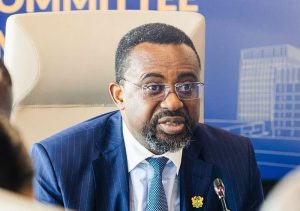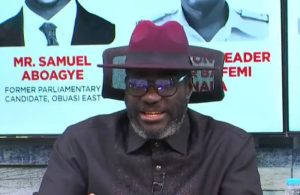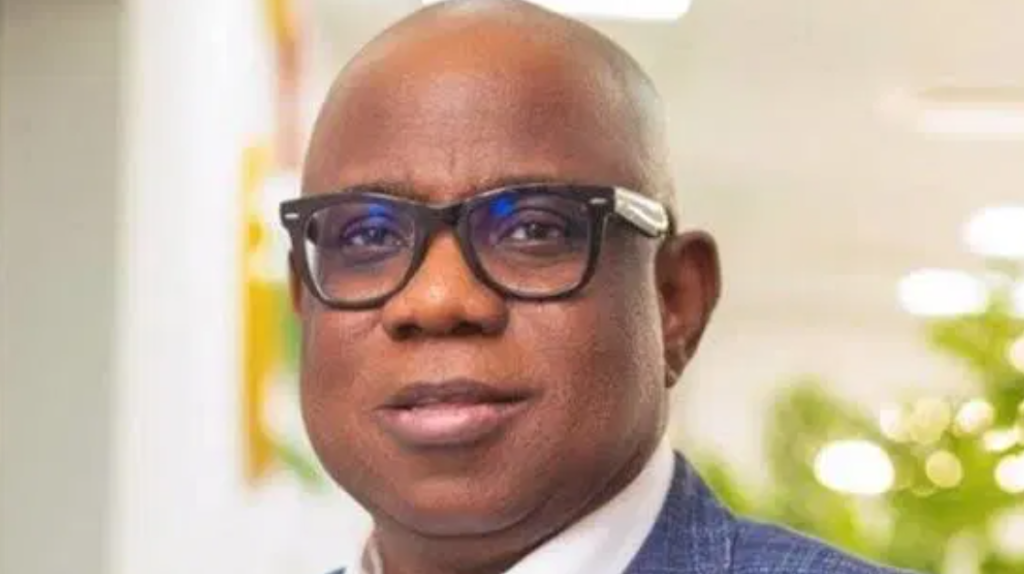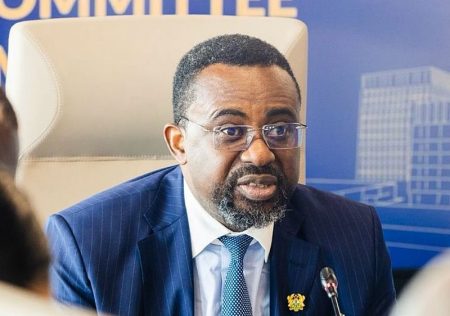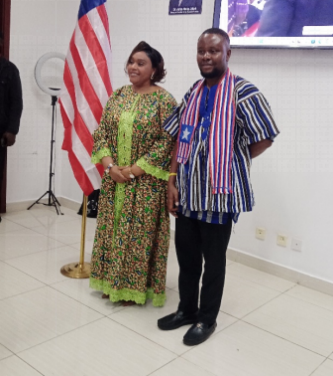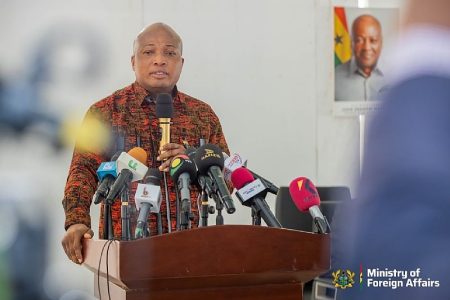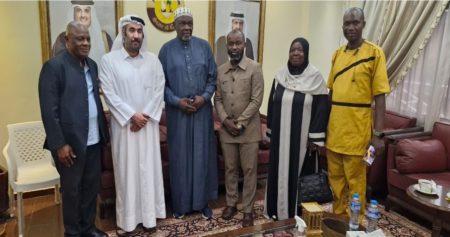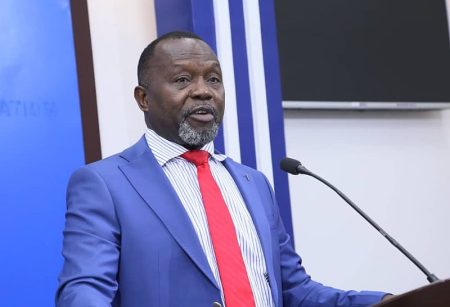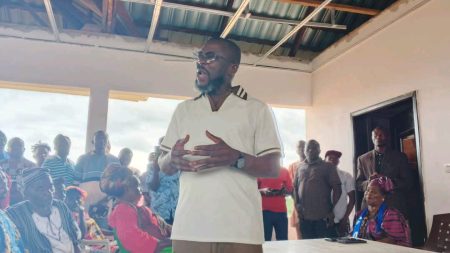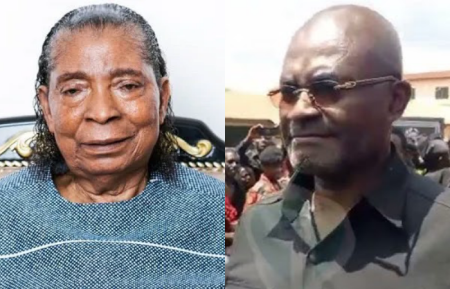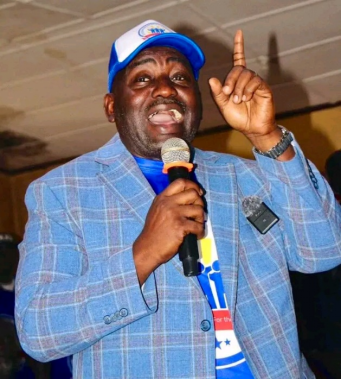The Nigerian National Petroleum Company Limited (NNPCL) found itself embroiled in controversy following rumors of the alleged forced resignation of its Group Chief Executive Officer, Bayo Ojulari. Speculation spread rapidly on social media, alleging Ojulari’s abduction and coerced resignation by the Economic and Financial Crimes Commission (EFCC) and the Department of State Services (DSS). These rumors claimed that EFCC Chairman, Ola Olukoyede, and DSS Director General, Adeola Ajayi, pressured Ojulari into signing a resignation letter. However, both agencies vehemently denied these allegations, asserting they were unfounded and misleading. The EFCC clarified that while they had received a petition against Ojulari, there was no abduction or coercion involved. They emphasized the public’s right to submit petitions and their commitment to investigating them accordingly. The DSS similarly distanced itself from the allegations, stating their Director General had no involvement in any such scheme.
While official denials from the EFCC and DSS aimed to quell the circulating rumors, whispers from within the NNPCL hinted at a different narrative. Sources within the company suggested that Ojulari’s leadership style, which prioritized the NNPCL’s commercial interests, had ruffled feathers within the Presidency and among influential political figures. Ojulari, appointed by President Bola Tinubu in April, reportedly resisted political pressure, opting to run the NNPCL as a business entity. This approach contrasted sharply with his predecessor, Mele Kyari, who had helmed the corporation for six years. Further fueling speculation, Ojulari’s dismissal of several high-ranking NNPCL officials was believed to have angered powerful figures connected to the dismissed individuals. Adding another layer of complexity, rumors circulated about Ojulari’s alleged ties to a prominent opposition politician, which may have contributed to the scrutiny surrounding his position.
Adding to the intrigue surrounding Ojulari’s alleged resignation were his recent appearances before the National Assembly. Just days prior to the resignation rumors, Ojulari had faced questioning from the Senate Committee on Public Accounts regarding a substantial sum of N210 trillion that remained unaccounted for in audit reports spanning 2017 to 2023. The committee, chaired by Senator Ahmed Wadada, emphasized that the money was not considered missing or stolen, but rather required proper accounting. Ojulari, appearing before the committee for the first time since his appointment, requested additional time to review the 19 audit queries presented to him, acknowledging the need for further investigation and a thorough understanding of the complex financial matters.
The Senate granted Ojulari three weeks to provide written responses to the queries, after which he would be summoned again alongside other NNPCL management staff to provide a formal defense. This inquiry into the NNPCL’s finances added a significant layer of pressure on Ojulari’s leadership. The timing of the resignation rumors, coinciding with his appearance before the Senate, fueled speculation that the two events were connected, adding further complexity to an already murky situation. The NNPCL, however, remained tight-lipped amidst the swirling speculation, with no official confirmation or denial of Ojulari’s purported resignation. The absence of a designated spokesperson following the resignation of Olufemi Soneye further hampered efforts to obtain clarity from the company. NNPCL officials contacted by the press declined to comment, leaving the situation shrouded in uncertainty.
The confluence of these events – the allegations of forced resignation, the internal dissent within the NNPCL, and the scrutiny from the National Assembly – created a perfect storm of controversy. The lack of official confirmation from the NNPCL regarding Ojulari’s status only served to deepen the mystery, leaving the public and industry observers speculating about the true nature of the situation. This lack of transparency further fueled speculation and rumors, making it difficult to discern fact from fiction in the unfolding narrative. The silence from the NNPCL allowed various interpretations to flourish, contributing to the overall confusion and uncertainty surrounding the situation.
The situation surrounding Bayo Ojulari and the NNPCL highlighted the complexities of Nigeria’s political and economic landscape. The interplay of political influence, corporate leadership, and financial accountability played a significant role in the unfolding drama. The allegations of forced resignation, coupled with the internal tensions within the NNPCL and the ongoing parliamentary inquiry, created a web of intrigue that captivated public attention. The absence of clear communication from the NNPCL only added to the speculation, leaving many questions unanswered and fueling further conjecture about the future of the company and its leadership. The episode underscores the challenges of transparency and accountability within state-owned corporations and the delicate balance between political interests and corporate governance in Nigeria.


